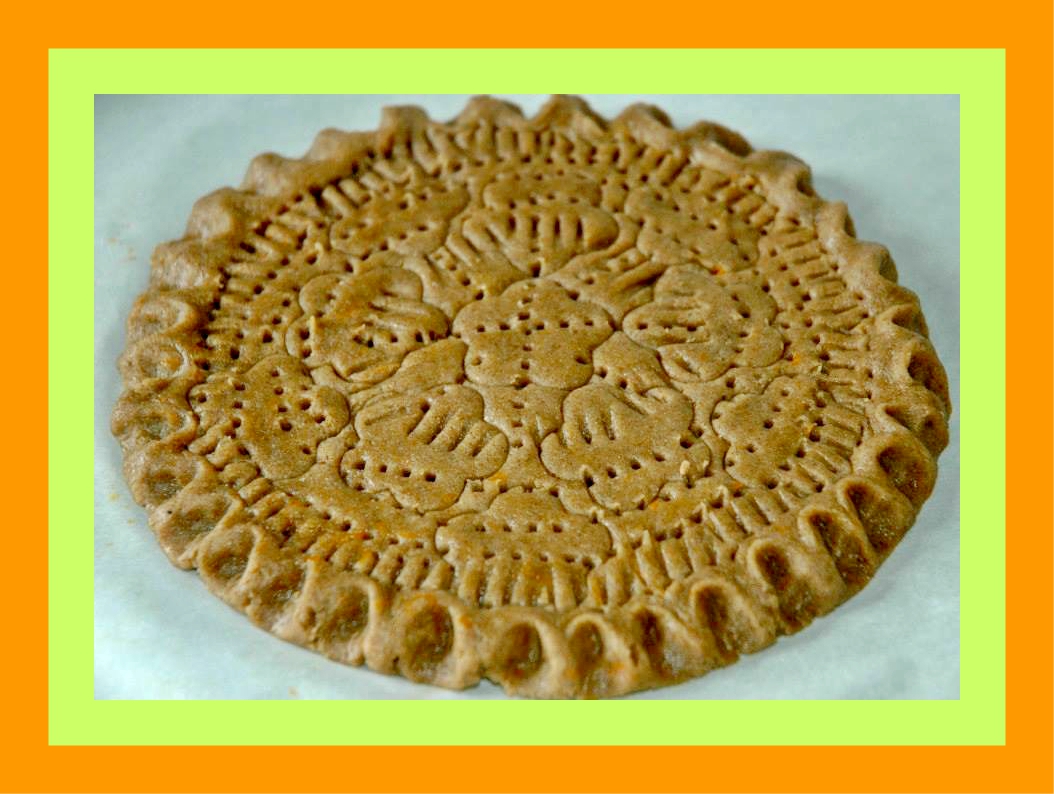Revisionist Baking TenetsRevisionist Baking supports
a 'best practices' approach to baking. It believes that by using the best methods and ingredients, that all baked goods can be delicious, nutrient dense and completely digestible.That baking can, at all times, contribute to our health and wellbeing. Revisionist Baking Practices
RB is not against wheat, but researches and develops using other grains to broaden what's unfortuantly become a baking monoculture. |
How the Baking Society was born I’ve always loved to bake and I was baking breads, cakes, pies, and cookies on my own from age nine. I was right there for the whole American Bread Renaissance in the 90’s, I studied bread traditions, taught baking classes, sold and traded bread, and always with wheat. Until. Until, I developed non stop rashes, asthma, and fatigue. I finally figured out after several years of suffering, that I had a wheat sensitivity, baker’s asthma, and at the same time other troubles with digestion and blood sugar.
I'd scoffed at the GF trend This severe setback forced me to experiment, while gluten wasn’t and isn’t my issue, I did develop a lot more compassion as I started teaching gluten free baking and heard other people’s stories. They weren’t trying to make life hard for bakers, they just wanted to eat their normal, comforting foods again.
I set to work with my skills as a recipe developer and baker, to experiment and find a way back into baking for myself and family. My initial ah ha came through my teaching traditional international foodways classes. I kept noticing that all around the world, in the older recipes especially, that the grains were fermented in one way or another, but in the modern recipes they weren’t. This went way beyond Nourishing Traditions and Sally Fallon. This food was amazing, delicious, straightforward, and easy to bake. a wayward baker's journey There are so many stories I could tell about my journey as I inched along, putting one clue after another together. A line in The Cake Bible by Rose Levy Beranbuam, about how starches were actually superior to cake flour in their ability to be moist and tender; Richard Bertinet in Crust, discussing firm levains and how he stores and uses them; The discussion in Peter Reinhart’s The Baker’s Apprentice, about the role of enzymes in flavor development; Elizabeth David’s English Bread and Yeast Cookery mentions of metail-- the accidental early interplanting of grain crops together and its effects on flour production;
my reading and experimenting with gluten free baking, so I could teach it competently. My being disappointed with what was out there, and devising my own methods, failing, and then succeeding more and more until I came to realize that gluten free baking could contribute to baking methods in general, if only because it forces us out of our habitual assumptions and patterns. I eventually put sourdough, gluten free, and alternative grains, legumes, and other forms of fermentation together, and called it, amused with myself for its pompous name-- The Society for Revisionist Baking. I’m the only member that I know of, but I haven’t tried for recruits. Until now I’ve been too busy in my home kitchen laboratory working out recipes and methods. Serious reassessment time While wheat will never be surpassed for the baking of chewy-pull risen breads, and they are so delicious. I think we need to take a serious look and reassessment of its claim to superior baking for a whole score of other categories including cakes, muffins, quick breads, some pastries, cookies, flatbreads, crackers, and many sourdough breads.
RB Method Posts and RecipesType Key Words into the nifty search bar and it'll magically take you to some fabulous RB posts.
Key Words To Try: Baking, Revisionist Baking, Method Monday, Gluten Free, Rye, Barley... |
